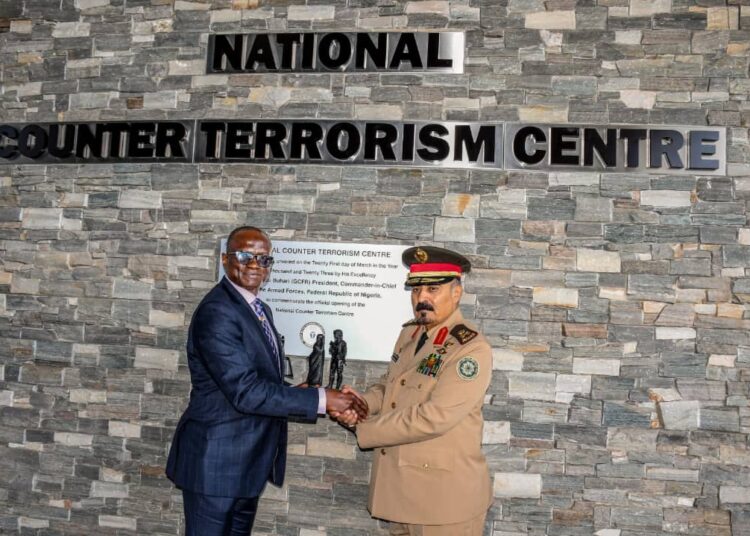
In a proactive move against the funding streams that fuel terrorism, the Nigerian government has turned to Saudi Arabia, known for its successful track record in counter-terrorism financing (CTF). With rising security threats, especially in northern Nigeria where terrorist groups like Boko Haram and ISWAP operate, Nigeria aims to strengthen its financial defenses. This collaboration seeks to curb the flow of illicit funds that empower extremist activities, which have had devastating effects on both Nigeria’s economy and security landscape.
Saudi Arabia has emerged as a global leader in combatting terrorism financing, largely through its stringent anti-money laundering (AML) and CTF policies, as well as partnerships with other countries and organizations, including the Financial Action Task Force (FATF). Nigeria is particularly interested in emulating Saudi measures that target the financial backers of terrorism by tightening banking regulations, scrutinizing financial transactions, and creating oversight bodies to detect suspicious activity. Saudi Arabia’s robust framework has allowed it to disrupt key financing routes for groups linked to global terrorism, making it a valuable ally for Nigeria in this area.
To initiate this partnership, Nigeria’s government is exploring opportunities for information sharing and technical assistance. The plan involves training Nigerian regulatory agencies and financial institutions on best practices in identifying and freezing assets linked to terror networks. Additionally, Nigeria is keen on understanding the tactics Saudi Arabia uses to detect underground money transfer systems often exploited by terrorists to evade official banking channels. This approach is critical as Nigeria grapples with terror financing methods that are increasingly sophisticated, requiring stronger international cooperation to track and shut down these networks.




